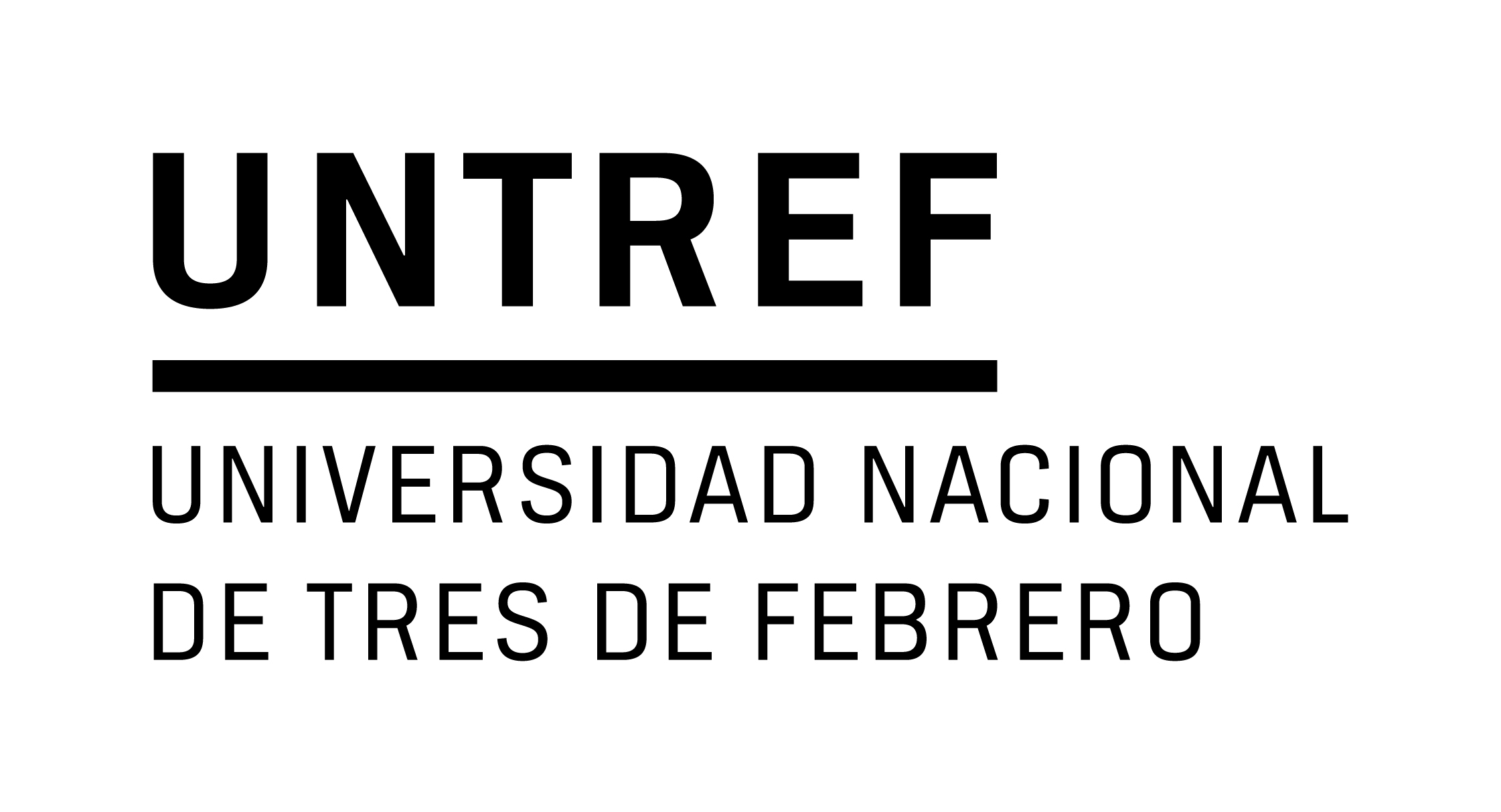Counterfactual reasoning in Foreign Policy Analysis : the case of german nonparticipation in Libya intervention of 2011
Por: Hansel, Matthew .
.
Colaborador(es): Oppermann, Kai .
.
Tipo de material:  Artículo Tipo de portador: ImpresoTema(s): CONSEJO DE SEGURIDAD (ONU)
Artículo Tipo de portador: ImpresoTema(s): CONSEJO DE SEGURIDAD (ONU)| Tipo de ítem | Ubicación actual | Signatura | Info Vol | Estado | Notas | Fecha de vencimiento | Código de barras | Reserva de ítems |
|---|---|---|---|---|---|---|---|---|
| Publicación Periódica | Biblioteca UNTREF - Sede Posgrados | H327/ANA (Navegar estantería) | Vol. 12, no. 2 (abr. 2016) | Disponible | CSR | 2.009320 |
The abstention of the conservative-liberal government under Chancellor Angela Merkel on UN Security Council resolution 1973 marked the first occasion in which the Federal Republic of Germany stood against all three of its main Western partners, the US, France, and the UK, simultaneously, on a major foreign policy issue. Many accounts of this decision invoke the influence of electoral incentives. What is problematic, however, is that the causal weight attached to electoral politics is often left ambiguous and difficult to assess with traditional case study methods. The article, therefore, employs counterfactual reasoning to scrutinize “electoral politics” explanations of Germany's policy on Libya. Specifically, it develops counterfactuals in which decision making did not take place in the shadow of upcoming elections and investigates how other variables on different levels of analysis would have shaped decision making in the counterfactual scenarios. The findings suggest that electoral incentives did not decisively shift German foreign policy on Libya. More generally, the article speaks to the value of counterfactuals in foreign policy analysis.
